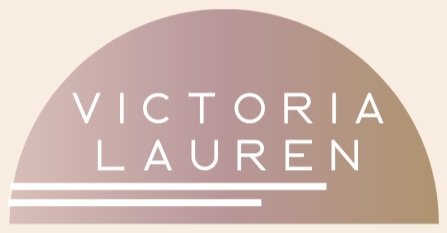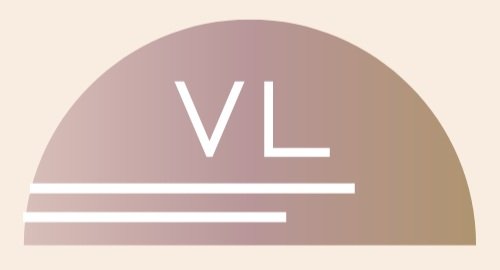Life After Layoff: Finding Resilience & Separating your Worth from your Work
My dad and I never saw eye-to-eye on what he gave his company versus how he showed up for his family. He always claimed to work as hard as he did to afford us a privileged lifestyle. But I argued that we didn’t want fancy trips to Europe, we wanted him to actually join the entire vacation with us. We wanted him to eat with us at the dinner table every night. We fought about this constantly - he saw me as ungrateful and I saw him as prioritizing money and status over his children.
Then, at the age of 49, he was diagnosed with an aggressive form of brain cancer. Despite the latest clinical trials and best care, cancer claimed his life 18 months later. In one of our last conversations, he told me how he’d gotten it all wrong: “It’s not about the money or the accolades. It’s about your life experiences, it’s about your connections with family and friends.”
I remind myself of his last words often when I fall into the dangerous comparison trap or when I’m considering how I want to invest my time. We all understand the concept of reducing risk by diversifying our financial investments, but how many of us take the time to create a well balanced portfolio in life?
Part of what makes losing a job such an uncomfortable transition is that we tend to tie a great deal of our identity to our jobs. Think about when you meet new people at a party or at a function. How often do people lead with: “What do you do for a living?”
“I’m an engineer.”
“I work in fintech.”
“I’m in charge of product development.”
“I handle technical sales.”
When you spend over 40 hours a week on the job - puzzling over work problems late into the night - or skip that vacation you’ve been planning forever - missing out on family gatherings to make a deadline - it’s no surprise that you begin to believe you are what you do. And that what you do defines your worth.
The danger is: What happens to your sense of self-worth when you aren’t working?
We craft our identity from a collage of where we work, where we live, what we believe, what activities we enjoy, the music we listen to, what we look like, how we dress, how we decorate our bodies, our likes and dislikes, our ideas, etc. If you were to strip away all of those self-identifiers, who would remain?
Who are you?
Losing a job can be a truly frightening change because it forces us to ask exactly this question:
Who am I, really?
While scary, this is also an incredibly liberating question. It’s an opportunity to explore your dreams, desires, passions, and values. It’s also a chance to get honest with yourself about how you have been investing your energy and if that is how you want to continue spending your time.
How can you find resilience in a time of hardship? By reframing this loss as an invitation to pause and reevaluate.
Yes you will feel overwhelmed, sad, depressed, confused, worried, frustrated, angry and at the same time you will feel curiously excited about discovering what is next for you.
As you prepare to move into the next chapter, here are some prompts to consider:
👉 What lights me up?
👉 What am I passionate about?
👉 What do I spend my free time learning about?
👉 What do I value most?
👉 Am I investing time into the things that I value?
👉 How do I define a successful work life?
Spending time to understand your interests, your values, and what success looks like to you will help you clarify next steps and desired outcomes. These reflections and greater self-knowledge will ultimately help you make decisions that are aligned with your goals and values.
When you balance your work life portfolio you will be better able to separate your sense of worth from your job and you will find greater resilience amongst your community.

